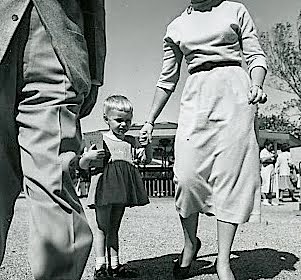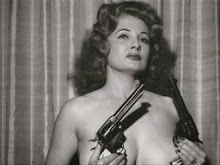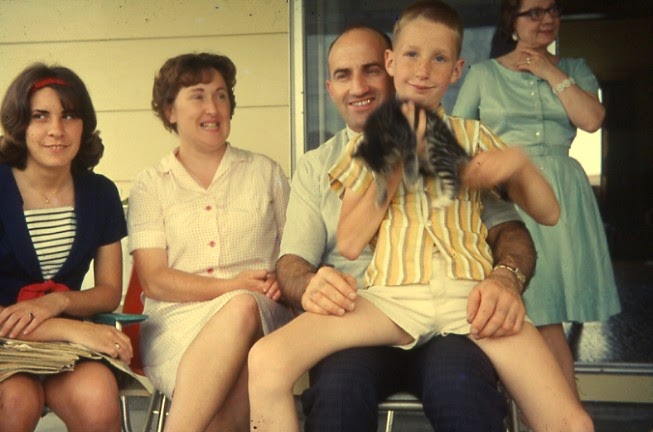
The last literary text we are examining this semester is Alison Bechdel's Fun Home, an ambitious memoir about her childhood and her relation to her father (and other family members). The last two bits of Freud we will read are two essays which may be helpful in approaching Bechdel: "Screen Memories," and "The Family Romance." The following is an introduction to Freud's thoughts on the memory, and especially childhood memory/memories of childhood.
The problem of memory is at the heart of Freud’s work. Before he developed his theories of dreams and their relation to the Unconscious, he argued for the central position of memory as a subject of analysis. We can see the importance memory would have in his later work in his early attempt to define the root of "hysteria:" "Hysterics suffer from reminiscences." In his essay, "Screen Memories," Freud saw a psychological function of general importance, that memory is an active process of the present, reorganizing and reinterpreting the past at the same time preserving shards of original experience. It is through memory that we produce the narrative that is our "selves," a fictional construct with its own truths.
One of the most provocative suggestions in Freud's early and brief essay, "Screen Memories," is the notion that memory itself is a kind of fictional narrative. In other words, memory is more about the present than it is about the past and it is always "image-inary" in nature: something we create rather than just "have." At the end of "Screen Memories," Freud remarks, "It is perhaps altogether questionable whether we have any conscious memories from childhood: perhaps we have only memories of childhood. These show us the first years of our lives not as they were, but as they appeared to us at later periods..."
In her book on children's fiction, The Case of Peter Pan, or The Impossibility of Children's Fiction, literary theorist Jacqueline Rose offers some comments on Freud's essay that may be of interest to our work on representation of memory and childhood.
Rose is interested in the way that Freud seems to come to his master concept of the Unconcious via his early essay on childhood memory. We've read much of our Freud out of chronological order, so it is useful to remember that "Screen Memories" predates Freud's work on dreams and the consequent elaboration of his theories of repression, displacement and sublimation: the transformation of meaning that takes place in the dream-work.
"We do not realise that Freud was first brought up against the unconscious when asking how we remember ourselves as a child. The unconscious is not an object, something to be laid hold of and retrieved. It is the term which Freud used to descibe the complex way in which our very idea of ourselves as children is produced... Setting himself to analyse one of his earliest recollections, he found that the event he remembered had never taken pace. The importance of the memory was not, however, any the less for that. For what it revealed was the unresolved conflicts affecting the way in which he was thinking about himself now. [One of] the most crucial aspects of psychoanalysis is the insistence that childhood is something in which we continue to be implicated and which is never simply left behind. Childhood persists... It persists as something which we endlessly rework in our attempt to build an image of our own history. When we think about childhood, it is above all our investment in doing so that counts...
For Freud, neither childhood nor meaning can be pinned down---they shift, and our own identity with them... [T]he often contradictory and inconsistent ways that childhood appears in analysis undermines any notion of a straightforward sequence and throws into crisis our relationship to meaning itself. Meaning is not simply there---it is built up, it can be determined by totally contradictory associations, and can emerge long after the event which apparently gives it form." (12-16)


























































No comments:
Post a Comment